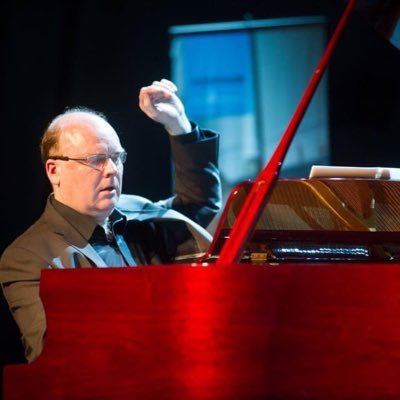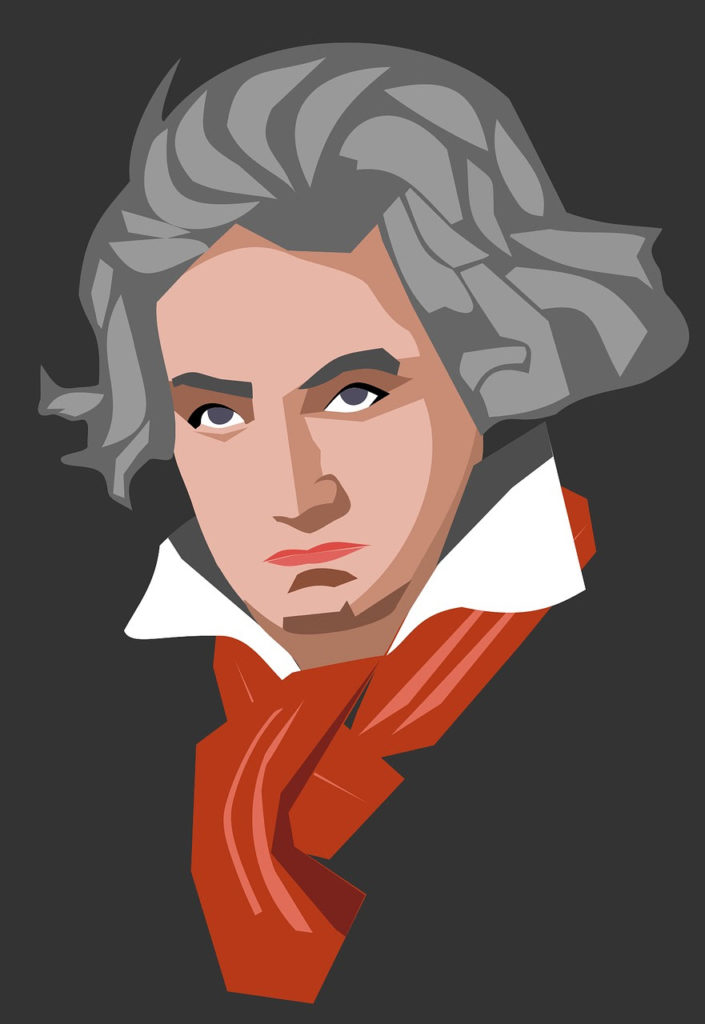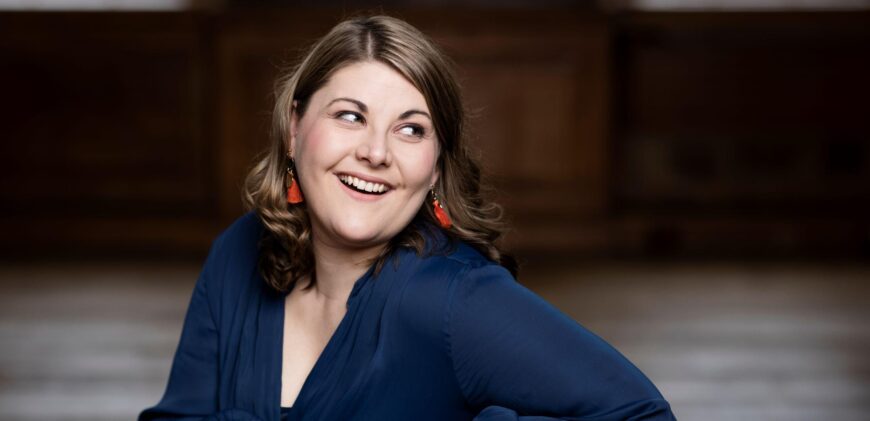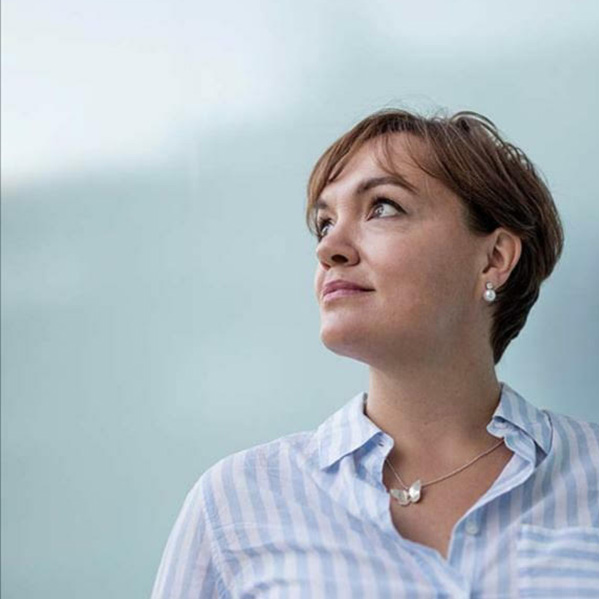
VIRTUOSO pianist Ian Pace will perform Late Music York’s first recital of The Beethoven Project at the Unitarian Chapel, St Saviourgate, York, on Saturday night.
Devised by Pace and Late Music administrator Steve Crowther, the project involves programming the whole cycle of Beethoven’s symphonies transcribed for piano by Franz Liszt in an annual series of piano recitals.
“Playing all nine transcribd Beethoven symphonies, the project should take Ian seven to eight years!” says Steve. “It’s incredibly demanding and it’ll be a real event.”
The opening 7.30pm concert features the heroic Symphony No. 5 and Liszt’s sublime transcription of the radical An die Ferne Geliebte, Beethoven’s only song cycle.
“But why did Liszt undertake such an enormous artistic challenge?” asks Steve. “To be sure, he loved the music deeply; he loved the challenge; he also loved the idea of the intimacy of performing these orchestral works on the piano, experiencing the symphonies afresh.
“But the main reason was financial. The music publisher Breitkopf & Härtel commissioned Liszt to transcribe the work, paying him eight francs per page. Liszt completed this (and the 6th Symphony) in 1837, ten years after Beethoven’s death.”
In an interview in 1988, the great pianist Vladimir Horowitz said: “I deeply regret never having played Liszt’s arrangements of the Beethoven symphonies in public. These are the greatest works for the piano – tremendous works – every note of the symphonies is in the Liszt works.”
Steve says: “Horowitz’s comments are embedded in the score itself to help the performer realise the original work through the lens of the piano transcription. Liszt would note down the names of the orchestral instruments for the pianist to imitate and add pedal marks and fingerings for pianistic clarity.”

Saturday’s full concert programme is:
Beethoven: An die Ferne Geliebte (transcribed by Franz Liszt) ;
Gershwin: Love Is Here To Stay (transcribed by Michael Finnissy);
Gershwin: Embraceable You (transcribed by Michael Finnissy);
Gershwin (maybe): Please Pay Some Attention To Me (transcribed by Michael Finnissy)
Jerome Kern: Can’t Help Lovin’ That Man (transcribed by Michael Finnissy)
Steve Crowther: Piano Sonata No.4;
Beethoven: Symphony No.5 (transcribed by Franz Liszt).
“Now if we park the rogue Piano Sonata, the rest of the programme also reimagines original works, songs by Gershwin and Kern, for piano. This time transcribed by the wonderful composer, Michael Finnissy,” says Steve.
“I know Michael, having studied with him at the University of Sussex and continued contact with him through programming, and commissioning his highly original music. Indeed, it was Michael that introduced me and Late Music to Ian Pace. The rest, as they say, is history.”
Crowther sent Finnissy the programme blueprint, “not surprisingly receiving a corrective response with a lovely insight into Gershwin’s Please Pay Some Attention To Me”.
Finnissy wrote: “I have slightly corrected your programme attributions. Richard Rodney Bennett gave me the melody of Please Pay Some Attention To Me; he had been given it by a Swedish cabaret singer. It is (RRB told me) only attributed to George Gershwin – and does not appear in his work list.
“Jerome Kern wrote (rather than transcribed!) Can’t Help Lovin’ That Man (the original version of Show Boat had ‘dat’ instead of ’that’, but more recent editions have replaced this imitation-black-slang with ‘plain English’).”
In a pre-concert talk at 6.45pm, with a complimentary glass of wine or juice, Ian Pace will be in conversation with fellow pianist Kate Harrison-Ledger.
“We would like to discuss the Liszt and Gershwin transcriptions, and what they bring to the original compositions,” says Kate. “We will hopefully include a few anecdotes from Michael Finnissy, and, if time allows, invite questions from the audience.”
Tickets are on sale at www.latemusic.org and on the door.


